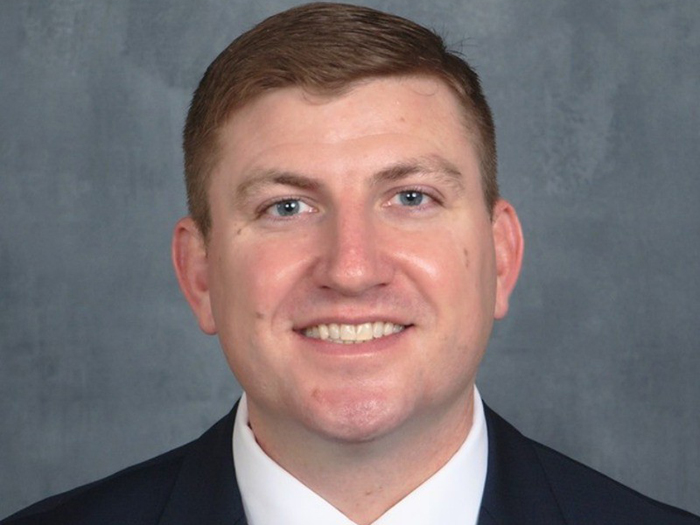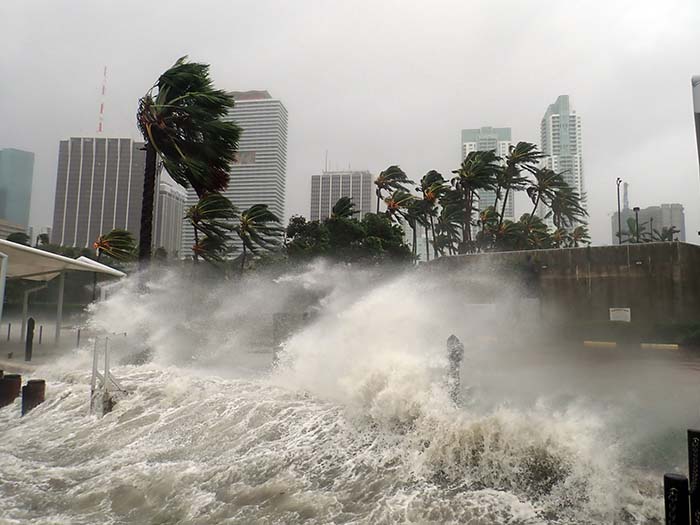How the California State Fund Rushed to Assist After a Mass Shooting

On November 7, 2018, a tragic event unfolded at the Borderline Bar & Grill in Thousand Oaks, California when a shooter entered the establishment and killed 12 people during its popular college line-dancing night.
The victims included employees, patrons and a veteran Ventura County Sheriff Sergeant.
Less than 24-hours later, the Woolsey Fire began in the region, eventually destroying 400 structures and 100,000 acres. It affected many of the same families and individuals dealing with the previous night’s tragedy.
Enter the State Compensation Insurance Fund, a workers’ compensation insurer created as a “public enterprise fund” by California.
Being Borderline Bar’s workers’ compensation carrier, the State Fund’s typical role in this situation was well-established by the industry. But the State Fund’s Major Claims Operations (MCO) unit, which is trained to handle catastrophic events, went “above and beyond” what would typically be expected of them and made a significant impact on those suffering from these horrific events.
According to Kelley Neal, senior vice president of major claims operations, State Compensation Insurance Fund, the organization’s “North Star” guides employees to always be helpful and do the right thing.
“It’s a principle that drives us to help others and we take it very seriously,” Neal said.
“When we heard about the mass shooting, we acted quickly to help our policyholder and his employees. We had previous experience with another mass violence incident in 2018, and that experience helped us anticipate what we needed to do for Borderline Bar & Grill.”
Beyond the Call of Duty
To streamline the claims process for the victims of the Borderline Bar tragedy, the State Fund team initiated the claims reporting rather than waiting for the policyholder to take action.
As Neal explained, State Fund arranged for a group therapy session with a specialized clinical psychologist.
“We provided an overview of workers’ comp benefits at the group session, and we encouraged all employees to file for benefits so that even if they weren’t ready immediately, it would be easier for them if they needed help later,” Neal said.
“We assumed that all employees were potentially impacted and that we would help them all, according to their individual needs. It turns out that this approach helped people feel acknowledged, respected and helped the employees trust us.”
Neal admits that the group session was new in the State Fund’s experience from the workers’ compensation side.
“The Borderline Bar & Grill employees had very strong friendships with one another and they loved their jobs. The group session provided them an opportunity to console each other, and they could relate to each other in a way that no one else could,” Neal said.
Nearly all 50 Borderline employees attended the session to hear the overview of benefits and what to expect.
State Fund’s team also met one on one with each employee over the following days. Not surprising, the Borderline Bar & Grill employees were appreciative of the help the State Fund team provided.
The team also helped employees obtain services from other sources to help solve a myriad of problems that were outside of the worker’s comp scope, such as childcare or transportation issues.
“Disputes were avoided. There were no liens filed, and only one instance of litigation — which was quickly resolved. And there were no other disputes,” Neal said.
The State Fund claims team worked closely with Jesse Cox, a long-time insurance broker with State Fund.
“Jesse told us, with some emotion, that he has been selling insurance for many years and his clients have put their trust in him that if disaster should befall them that the insurance would make good on their promise,” Neal said.
“He said he is deeply thankful that State Fund exceeded his expectations.”
Stephen Hunckler, chief claims operations office at the State Compensation Insurance Fund, stressed how proud he is of the way the organization’s major claims operations unit came together during a time of chaos, tragedy and grief.
“Despite two back-to-back tragedies, the team stayed laser-focused on helping victims and survivors get the care they needed,” Hunckler said.
“The team’s actions truly represented State Fund’s core values and our commitment to helping others.”
Looking To the Future
As part of their response to this tragedy, State Fund created a protocol for catastrophe and mass violence response based on the organization’s experience with workplace mass violence.
The team continues do its best to monitor the news and determine if an incident involves a State Fund client because they are very aware of the chaos that ensues following disastrous events.
“We have established partnerships with other support businesses, and we have claims teams that have been trained and are ready for quick deployment,” Neal said.
Claims kits, laptops, and smart phones are all part of State Fund’s readiness tools. In addition, they are committed to using the organization’s trauma-informed approach and following their “North Star” and core values to provide thoughtful and helpful support to clients.
Neal said the State Fund team would like to see the insurance industry, nationwide, adopt trauma-informed models, particularly in response to workplace mass violence.
“These events are horrific, and an extreme violation of our expectations of safety. Our response as insurance professionals and as an industry needs to improve, and we need to cut the red tape, expedite trauma care, provide kind support, and treat our clients how we would want to be treated,” Neal said.
“I think everyone wants to provide this kind of claims help, but we have trouble truly understanding what it is like to be in our client’s shoes due to how horrific these events are. Companies need a special team of claims staff who are able to flex and adapt their response to meet the unique needs created by tragedies.” &










